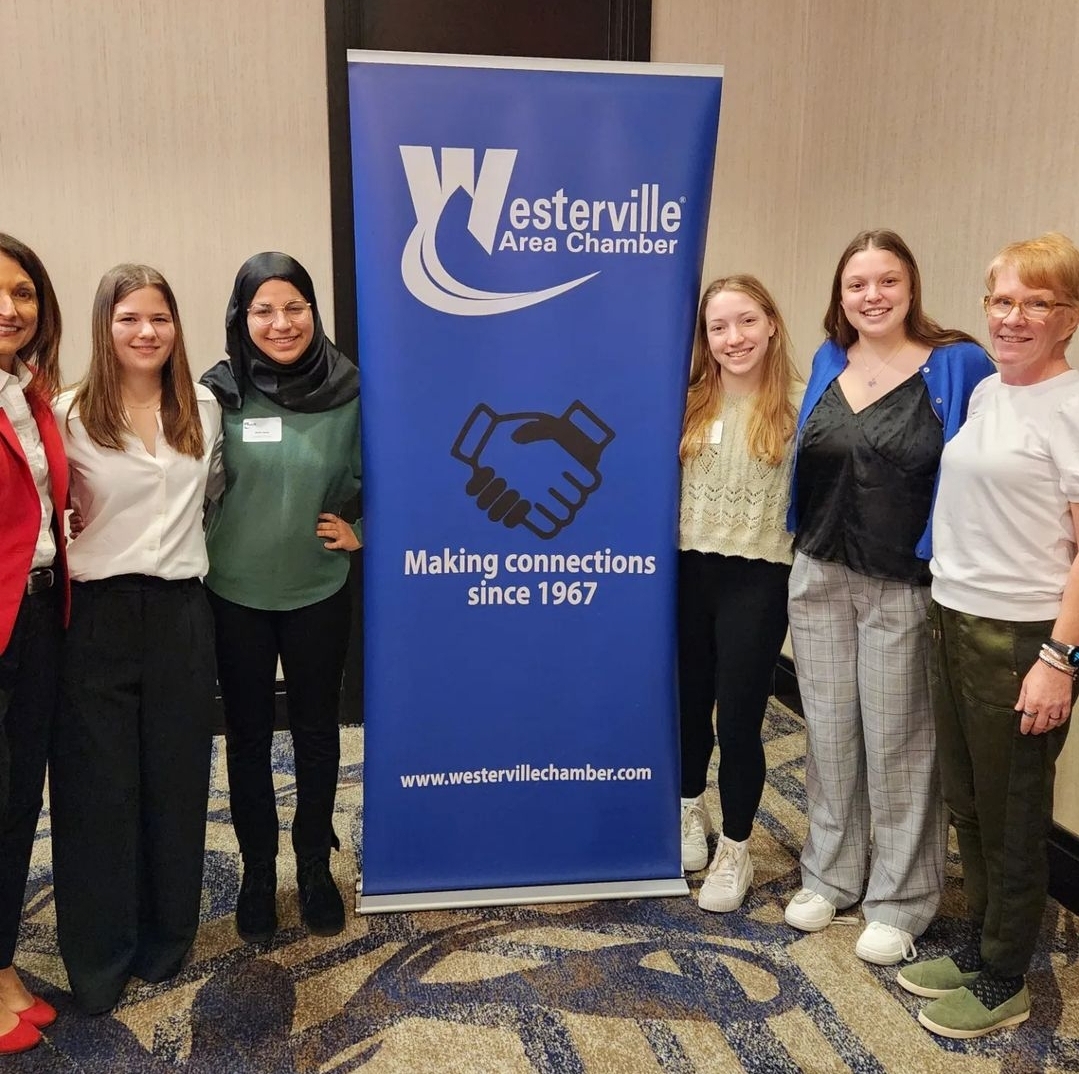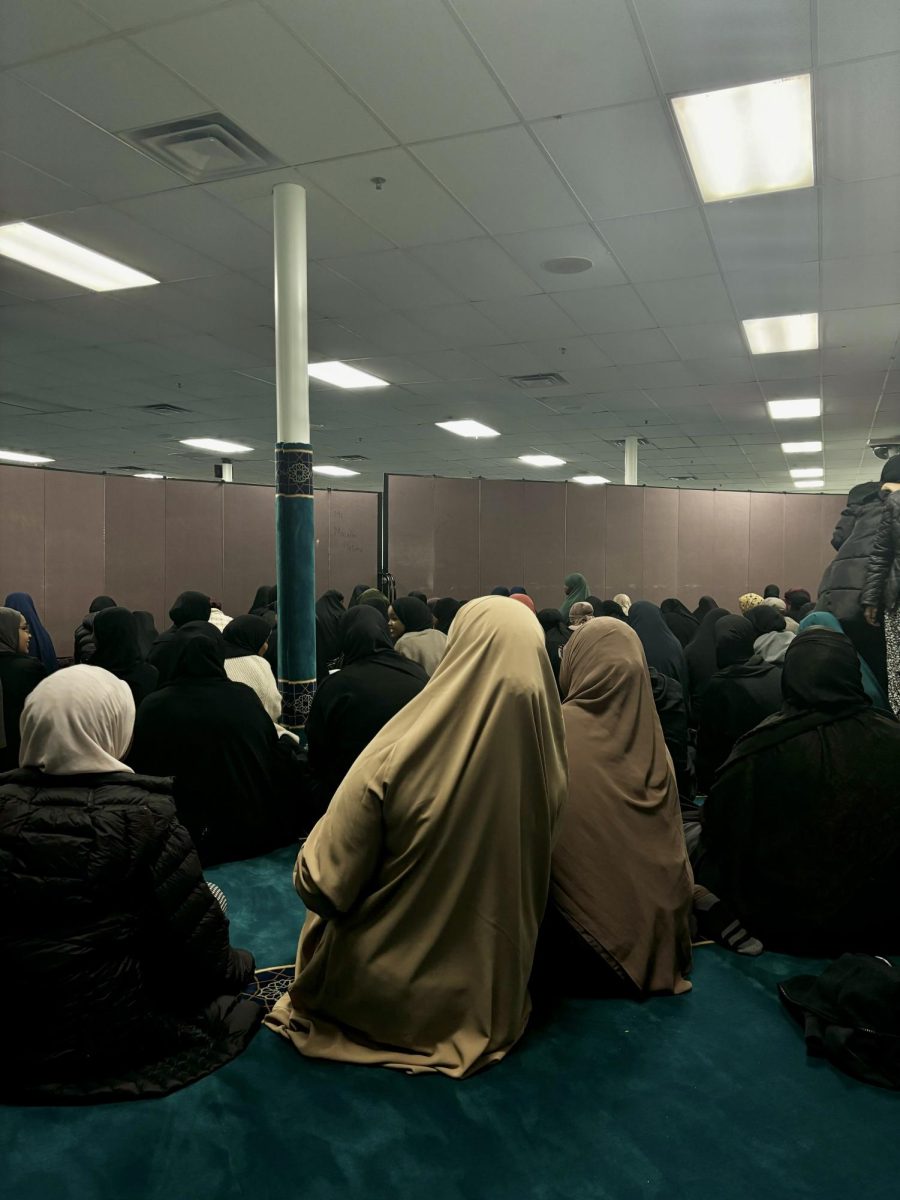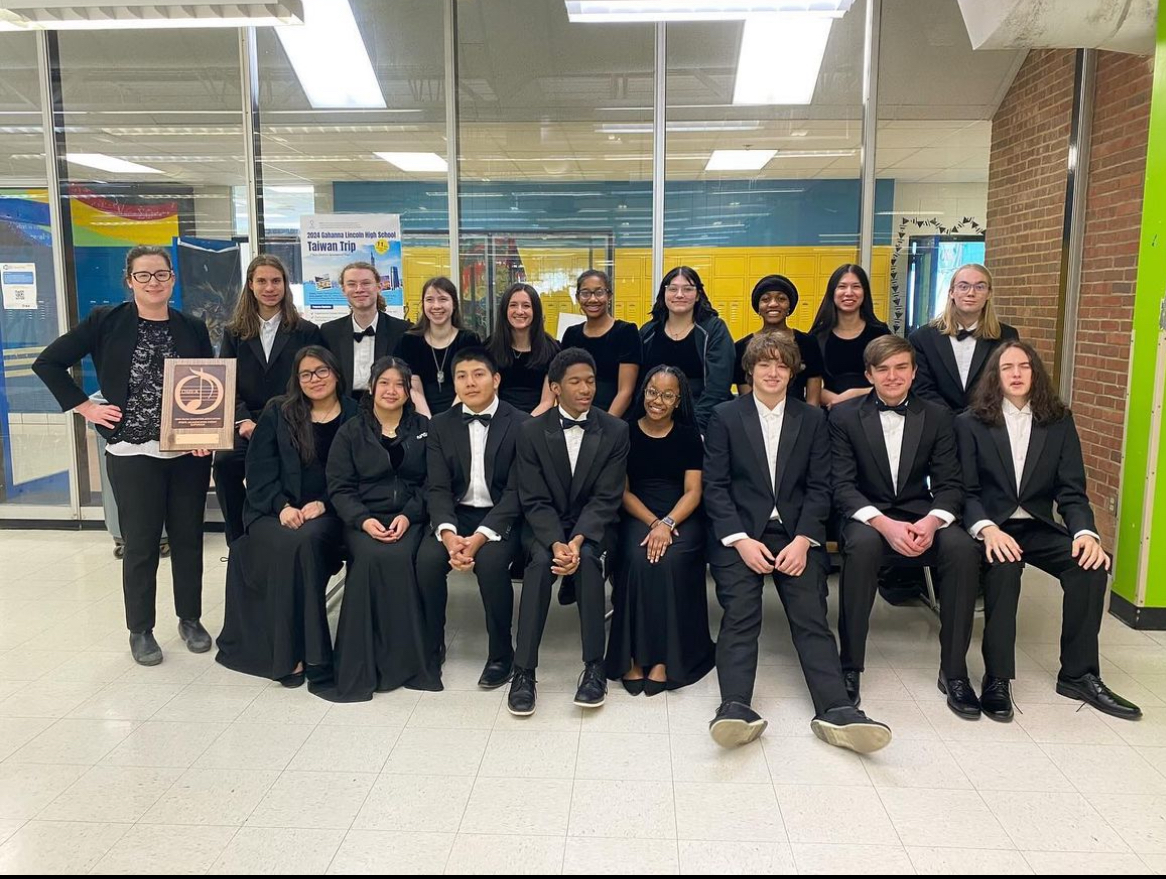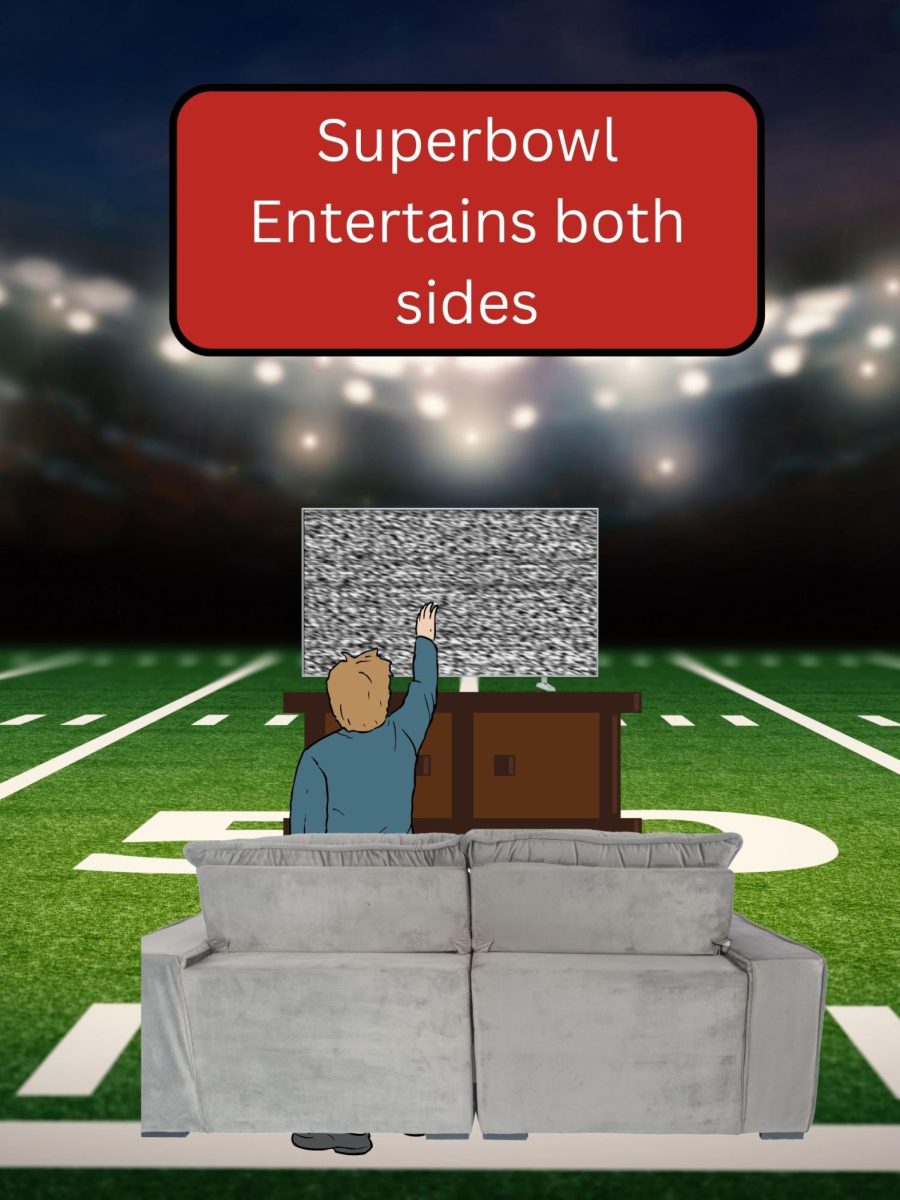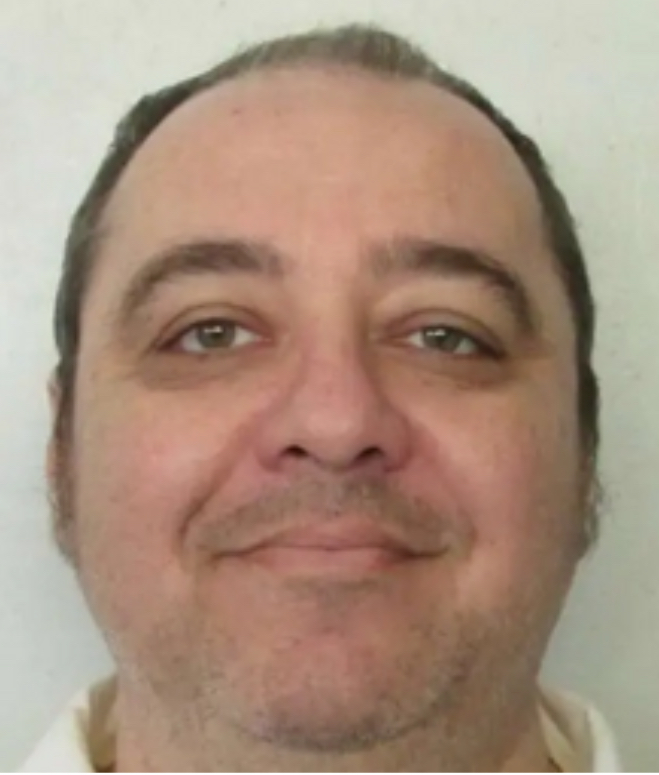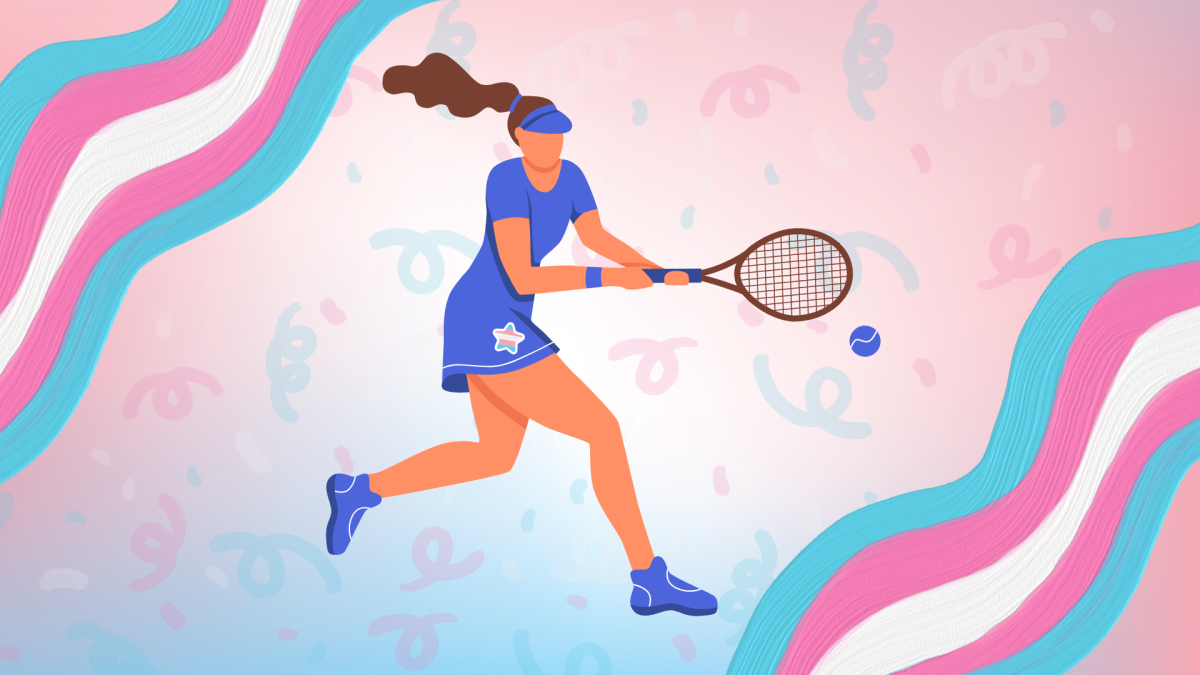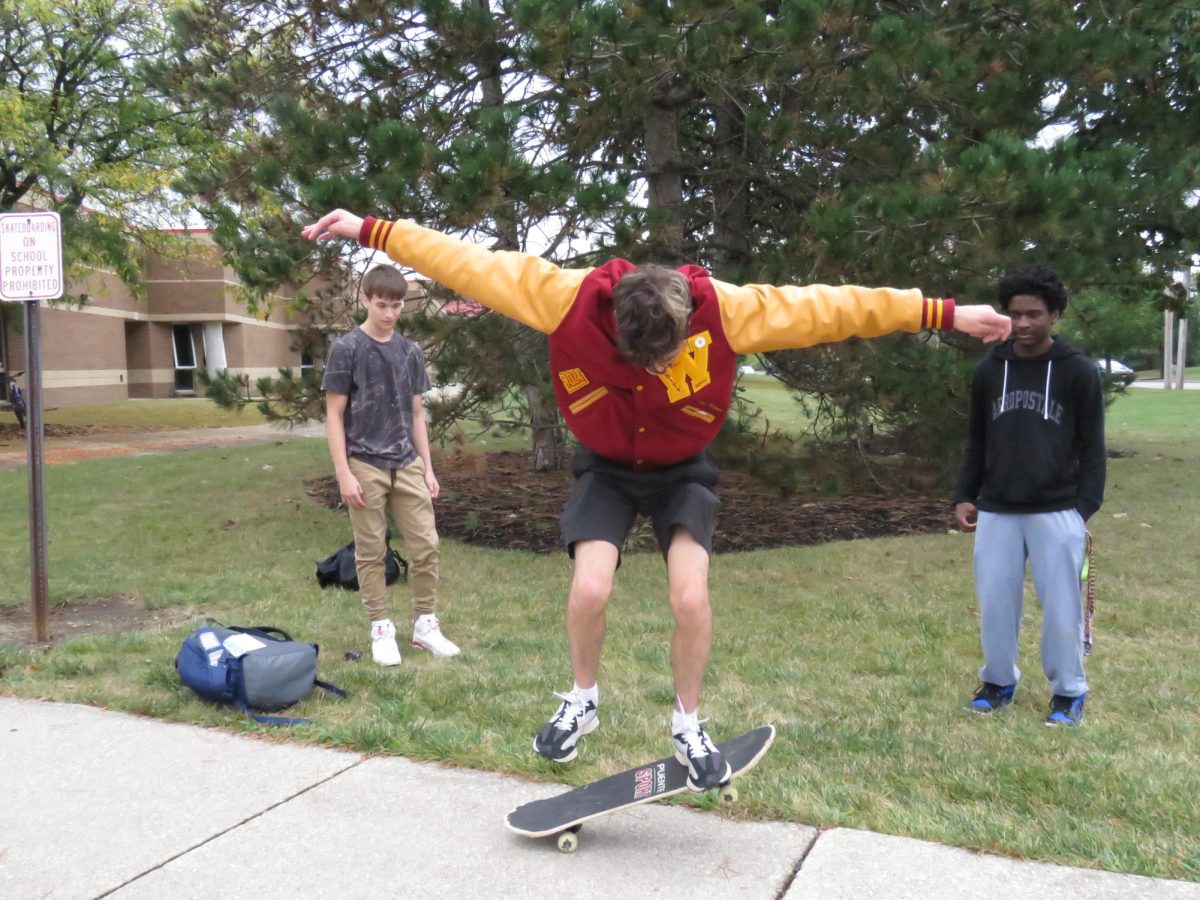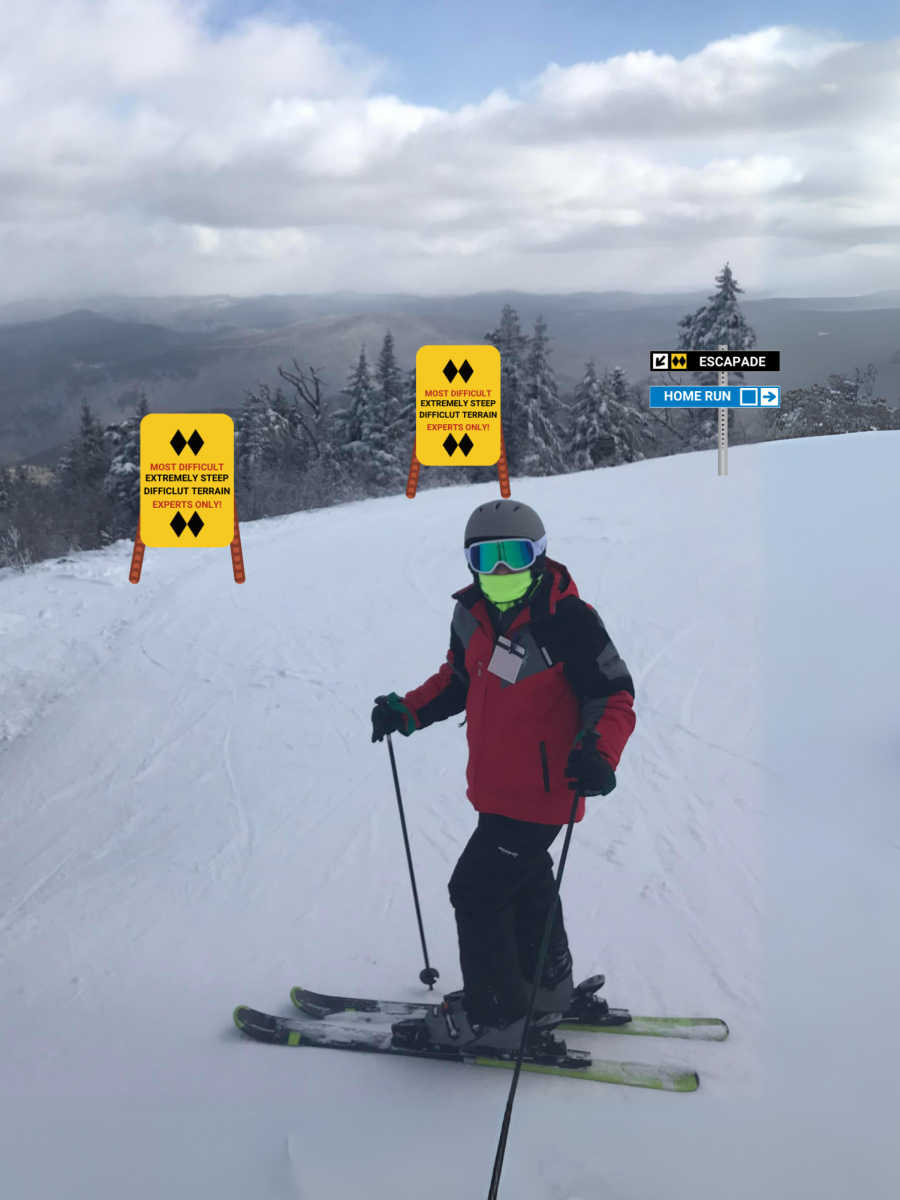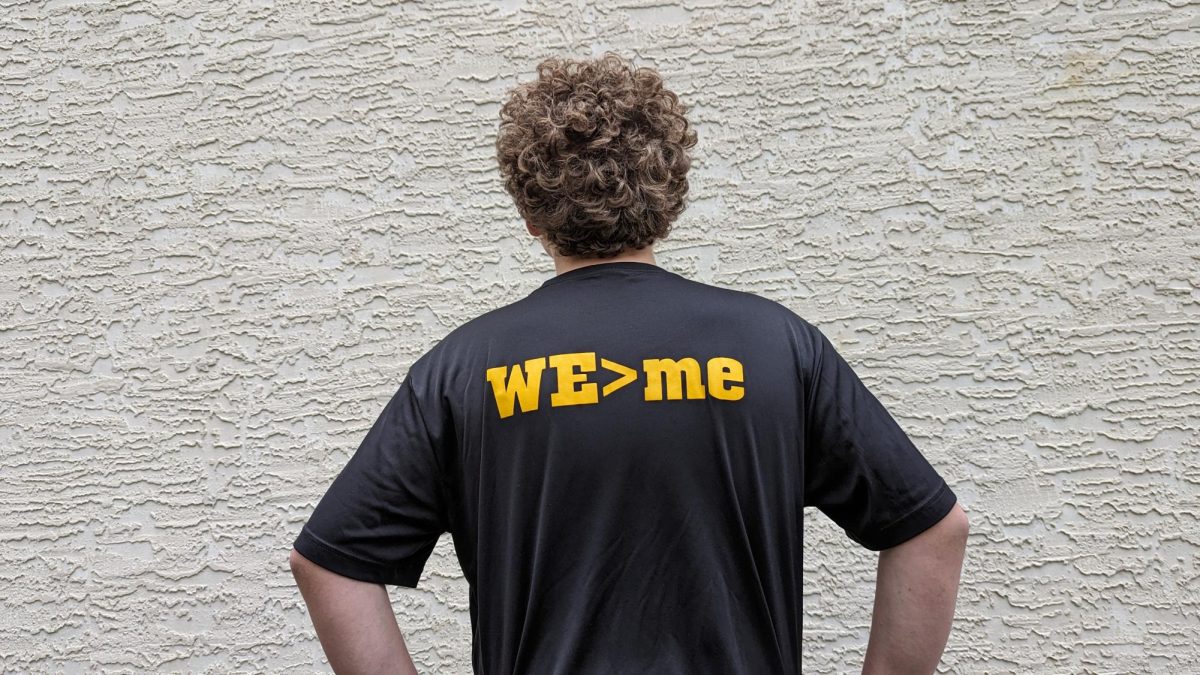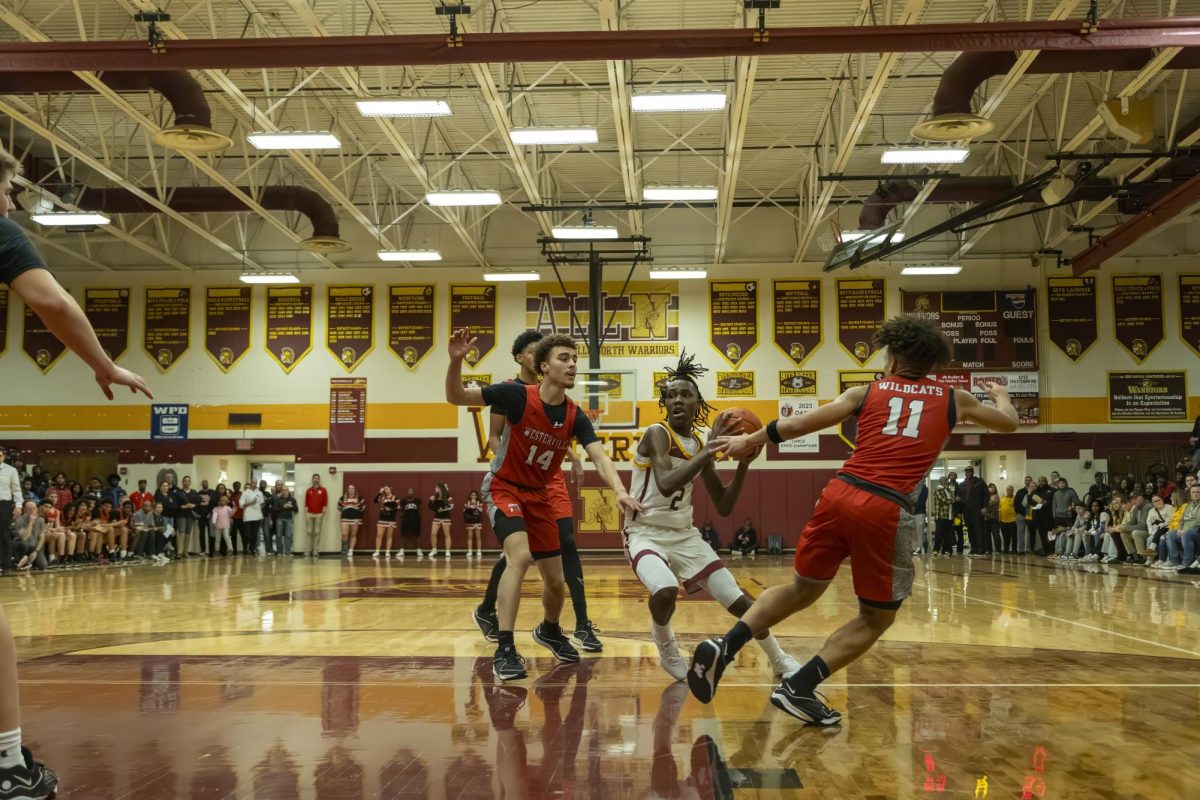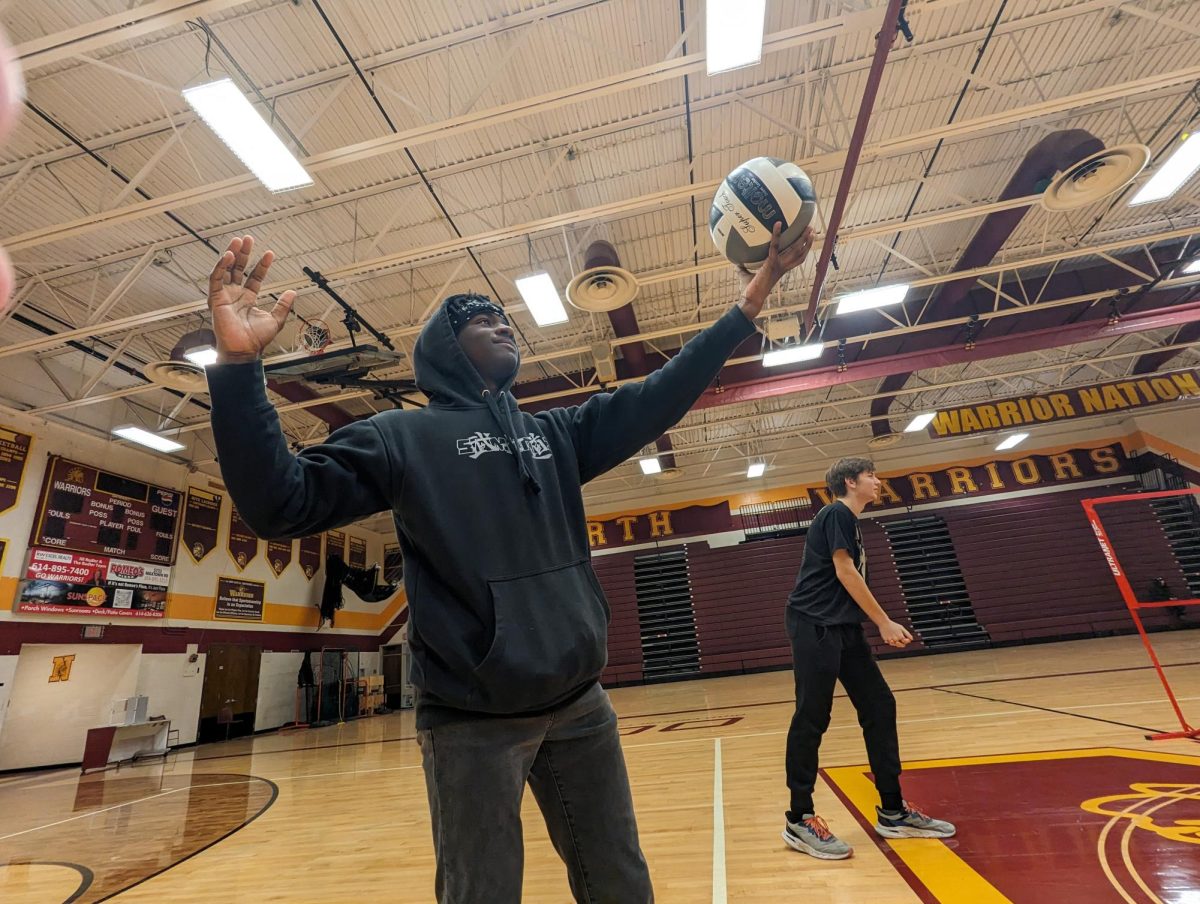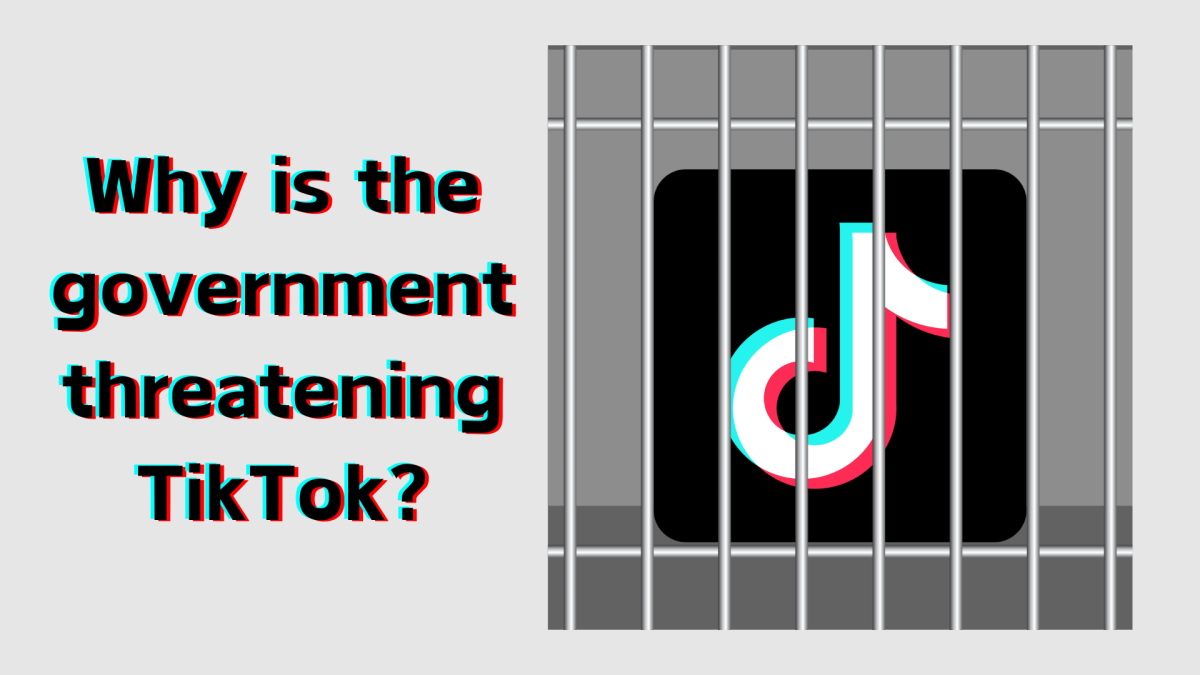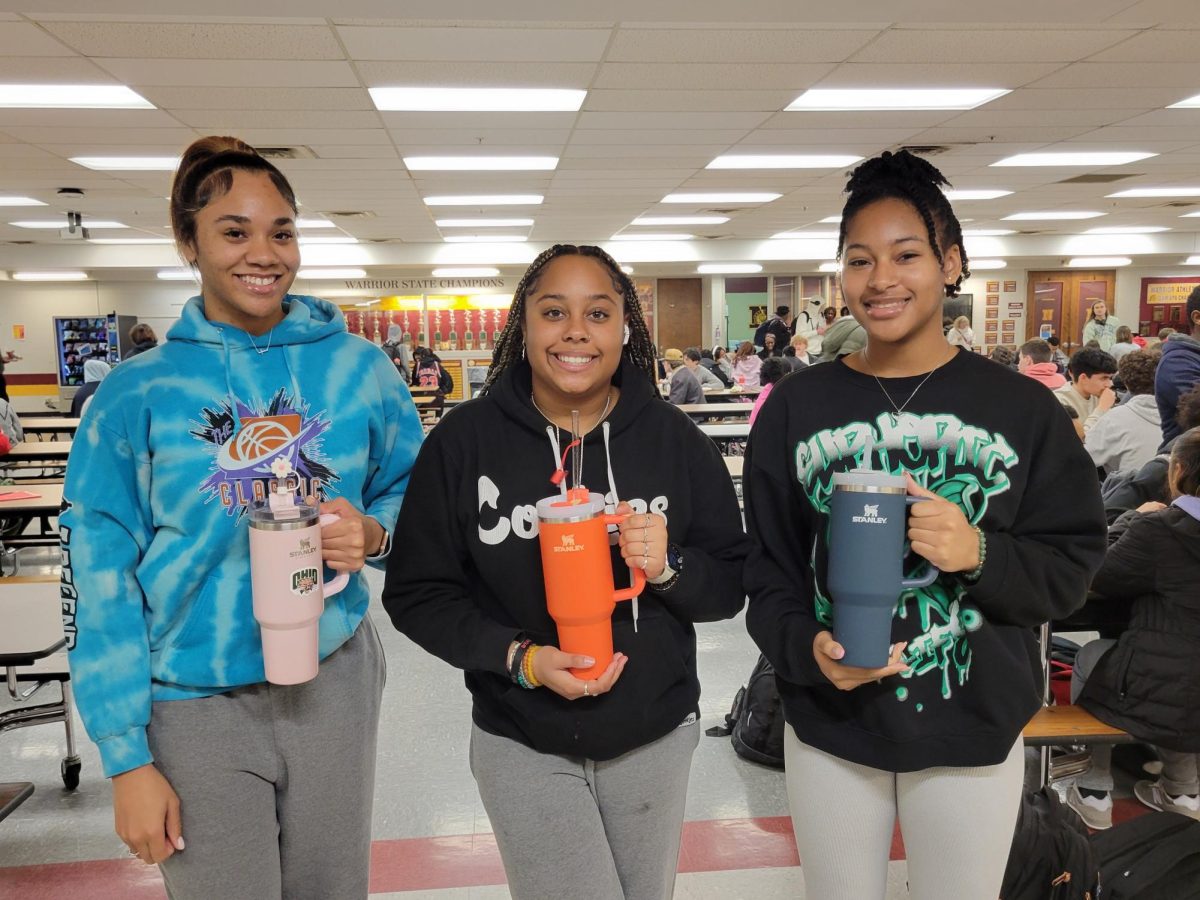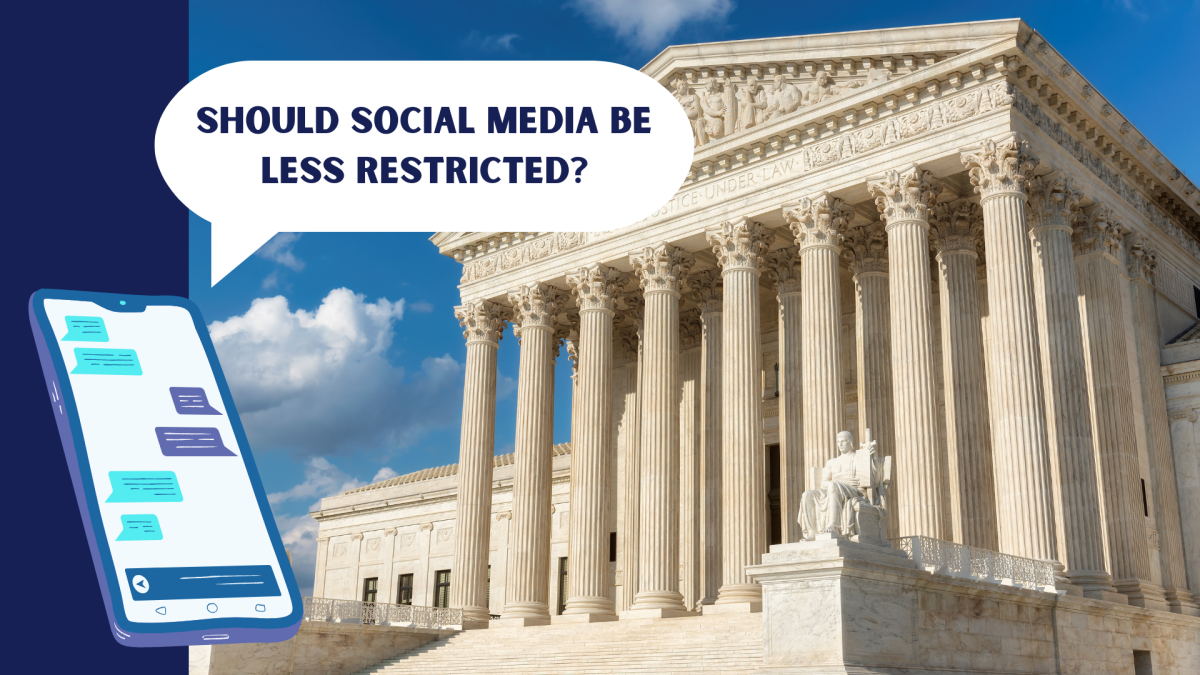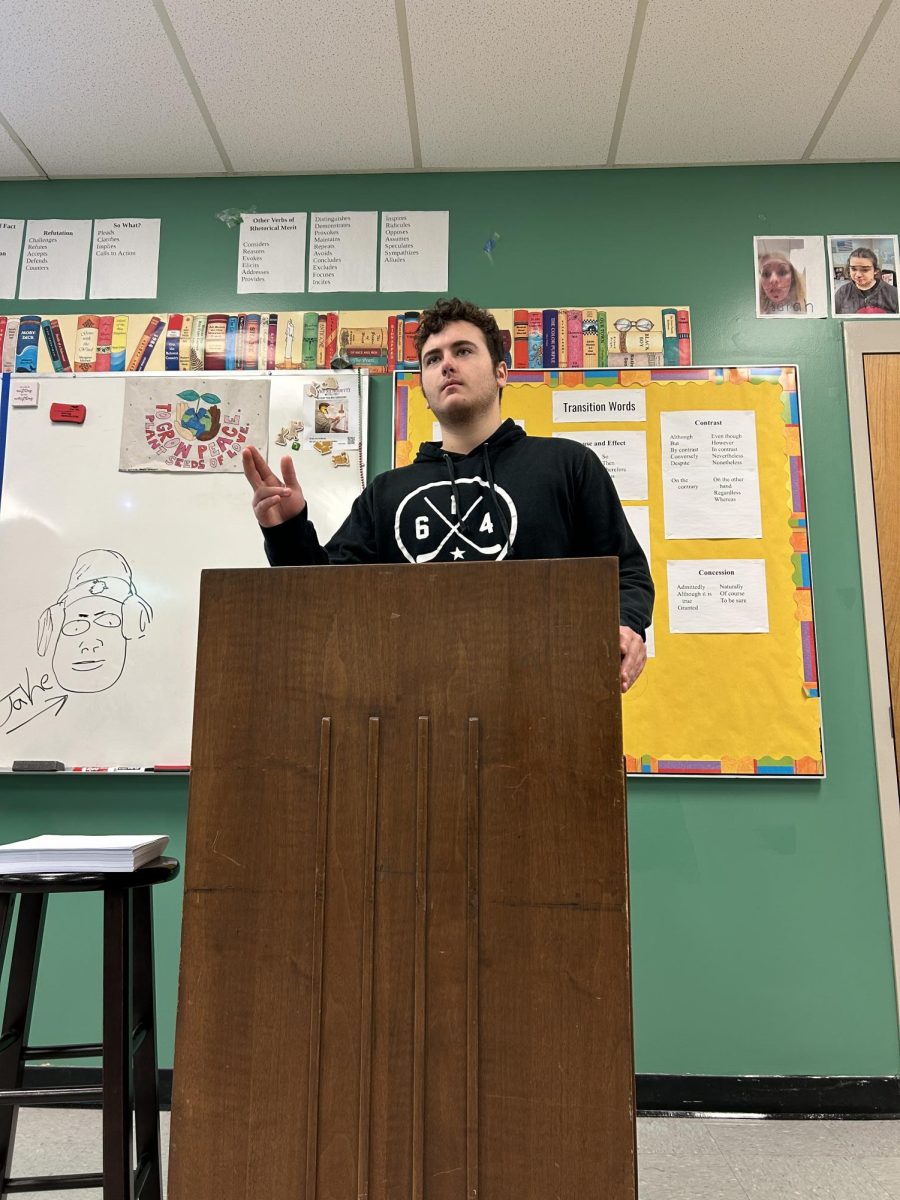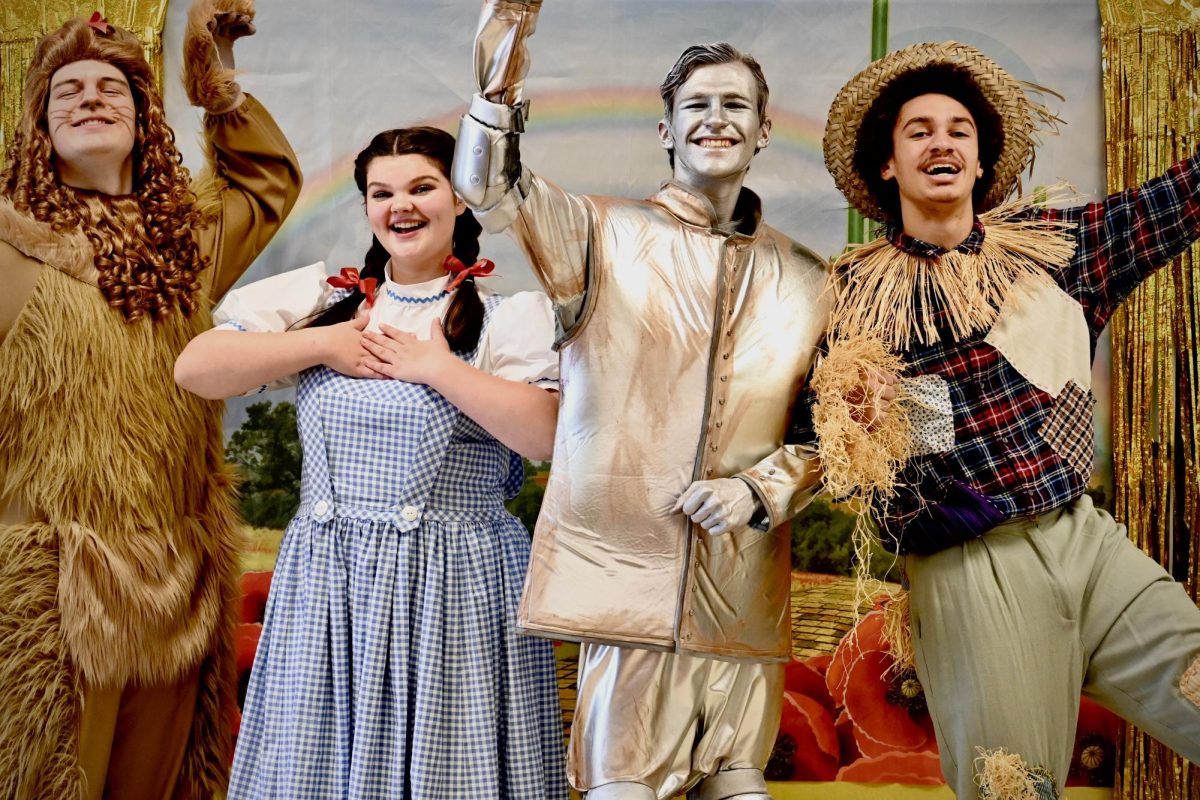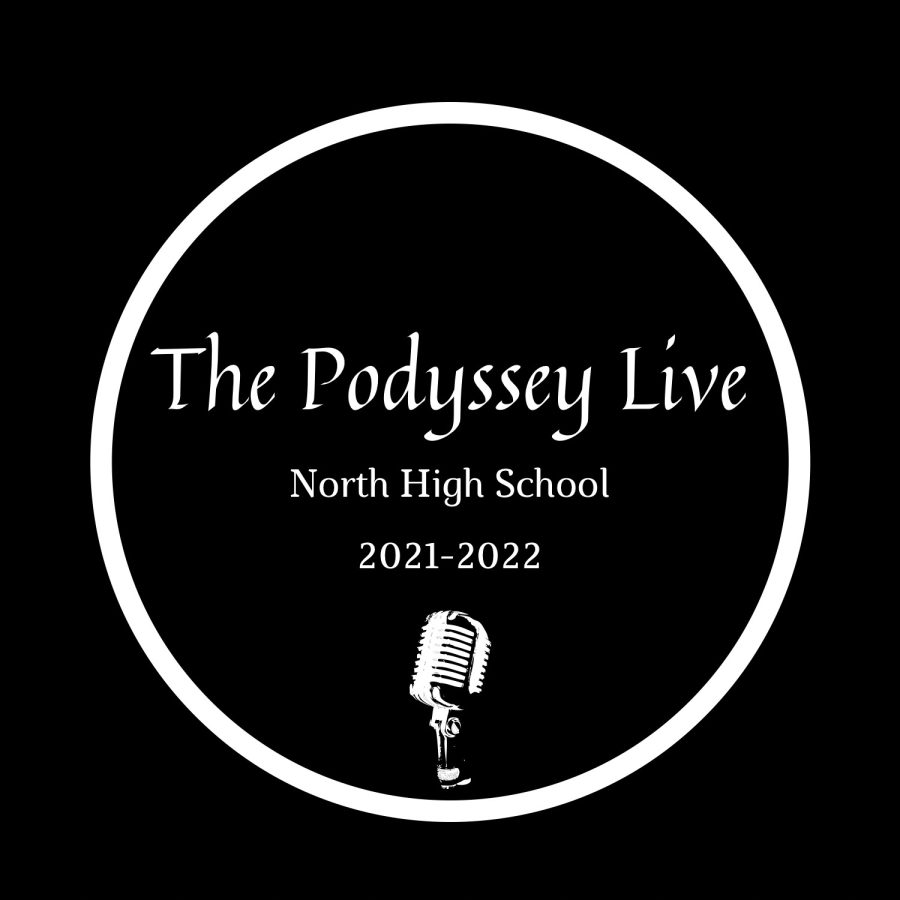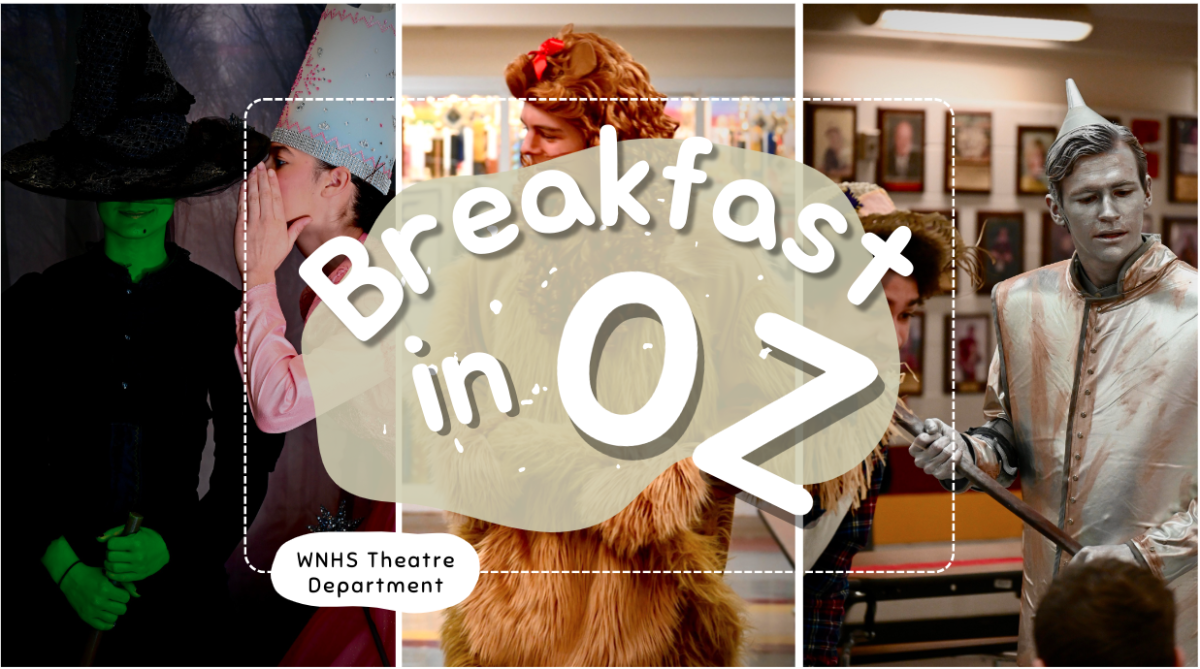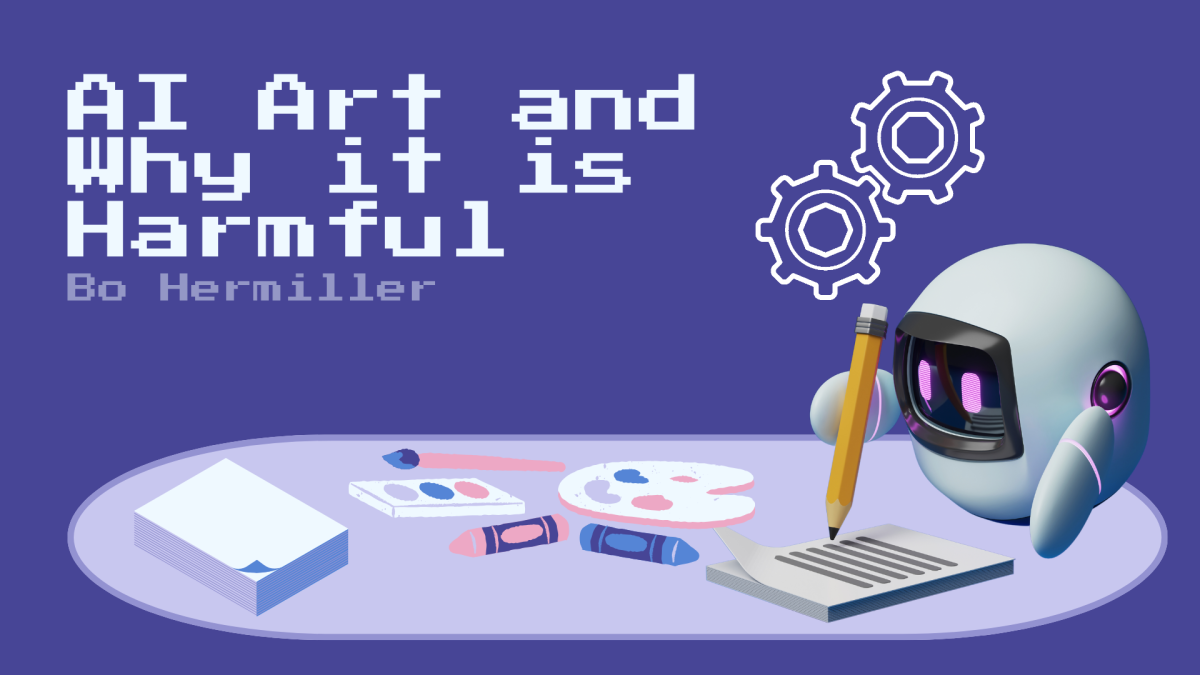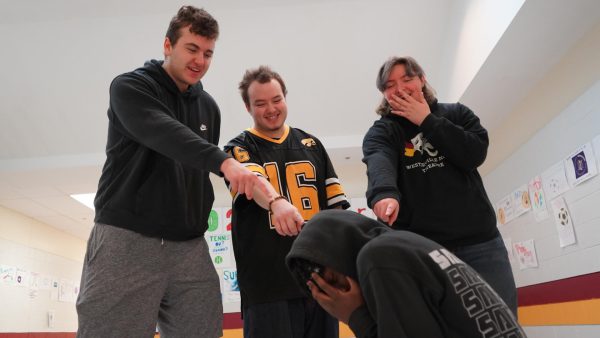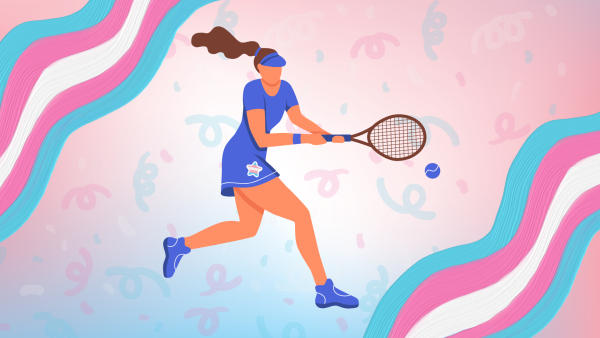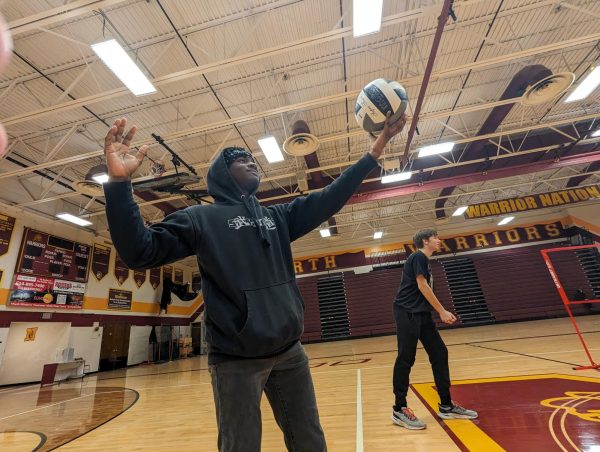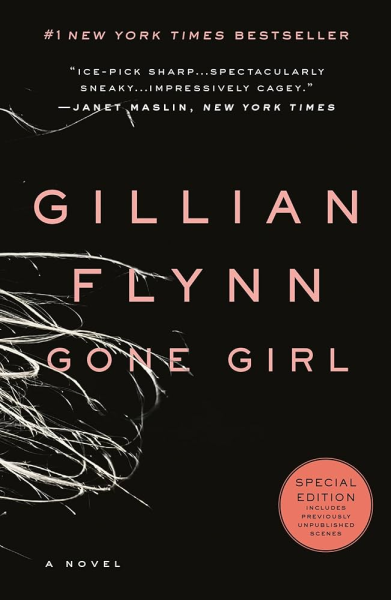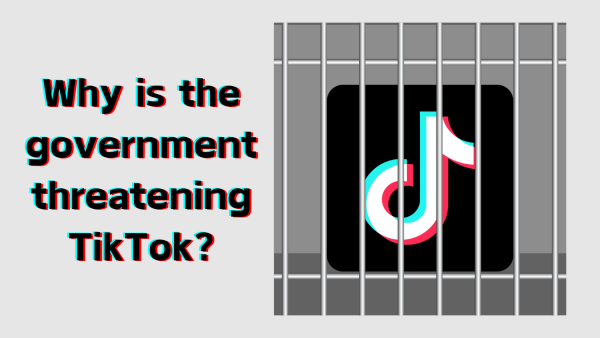The NBA and Protest Act Side by Side to Create Change
September 30, 2020
Since March, the United States and the rest of the World have been in chaos, experiencing a massive uproar.
The uproar is rooted in two things; police brutality and systematic racism. The United States has seen protests upon protests, from countless groups of people and individuals.
These protests are tied to the Black Lives Matter movement. An organization looking to improve rights and eradicate racial inequality.
On August 26, the United States was shocked by a boycott from the teams and players of the NBA.
In game five out of the best of the seven game series, the Milwaukee Bucks were supposed to take the court against the Orlando Magic. Come game time the Bucks couldn’t be found. They refused to play that night, as a sign to protest the death of Jacob Blake, an African American shot by the cops.
Blake is one of very few African American men that has survived a police shooting to this degree. Blake was reaching into his car that three of his sons were passengers in. He was shot by Wisconsin police officer Rusten Sheskey seven times.
The game ended up getting postponed, but that was just the beginning. After that teams and players started boycotting their games. They were refusing to play until change was made to help fix police brutality and systematic racism. They wanted to catch the eye of the nation.
Catching the attention of NBA officials, the next day all games were postponed. One of the biggest sports, and league, in the United States, came to a screeching halt during its playoff season.
Andrew Bensdorf, a college student at Oakland University and an avid basketball fan was in favor of the boycott.
“I was a bit shocked at first, but I really liked that the players stood up for what they believed in. I wasn’t sure what would happen during the boycott. I thought potentially the season would be canceled,” Bensdorf said.
This comes as a big shock to most sports fans. Many people came out in support of the young players, from the owners and organizations, retired players and random people all across the United States. Players such as Lebron James, Anthony Davis, James Harden, Chris Paul and Jamal Murray stood up.
Big organizations were backing their players such as the Los Angeles Lakers and the Los Angeles Clippers. Clippers head coach Doc Phillips was heavily involved in standing against injustice. Legendary Basketball player Bill Russell came out in support of the players, saying he is glad someone wants to make a difference.
They wanted to make an impact, but was that impact made? The boycott lasted only two days after numerous talks between the players, who decided they could still play while supporting their cause and pushing for a change. They decided that they’ve shown the impact they can make.
Junior Damou Sakho, a student at Westerville North, shares his opinion on what he considers the impact of the boycott.
“You know it didn’t last very wrong but I think they got their point across. The majority of the league is black and they don’t want to sit back and watch their people get hurt” Sakho said.
Around 81% of the league is African American, and they want people to see them as more than athletes.
Muhaymin Alam, a junior at north and avid basketball fan, had a fair answer when asked what kind of impact was made.
“The NBA brought publicity to the movement but real change happens through action,” Alam said.
When asked the same question Sakho was hopeful for the future in his response.
“I don’t think any change was really made, but it set a precedent. It helps show younger generations what they can do. So no, I don’t think any immediate change was made, rather it will be used as a stepping stone,” Sakho said.
Junior Matthew Lake, an avid sports fan and politically conscious individual, didn’t think a change was made.
“I’m pretty sure everyone knows about BLM and this boycott made a lot of people angry,” said.
A discussion that has been brought to the table is whether the players have a right to boycott their own games.
When asked about if it was within the players’ right to boycott their games, Bernsdorf shared his opinion.
“One hundred percent it was. They have that right to peacefully protest under the first amendment. It’s no different than anyone else boycotting or going on strike against their job,” Bensdorf said.
This boycott made an impact now and one that is bigger than now. It brought the attention of police brutality and systematic racism to the whole nation. At the same time, it inspires other athletes to take a stand for what they believe in, to take a stand to change the world.
Sam Cross, a WyldLife leader here in Westerville and an avid basketball fan, expressed what he believes is the impact of the boycott.
“It empowered future generations to recognize their platform and make, or be the change,” Cross said.

